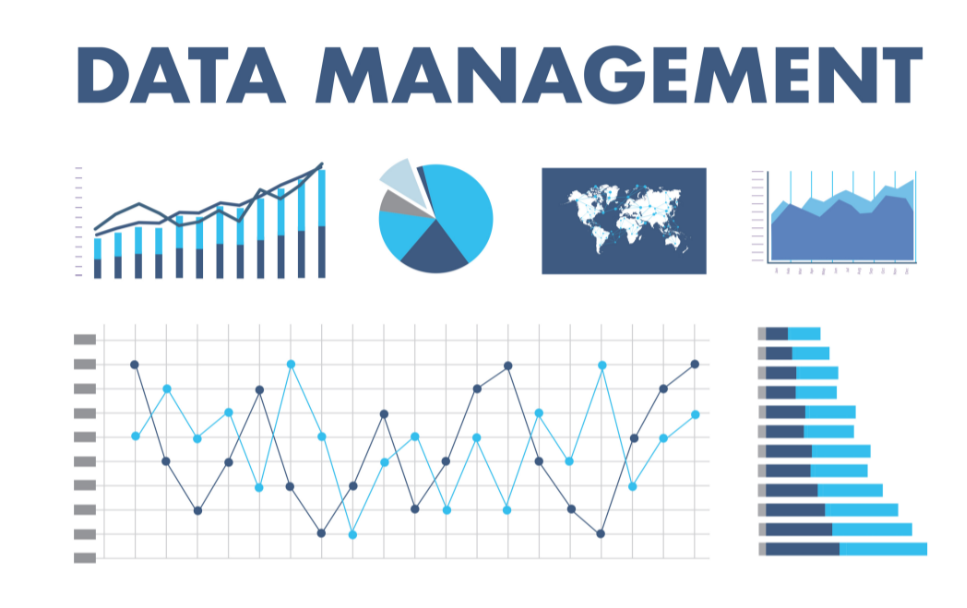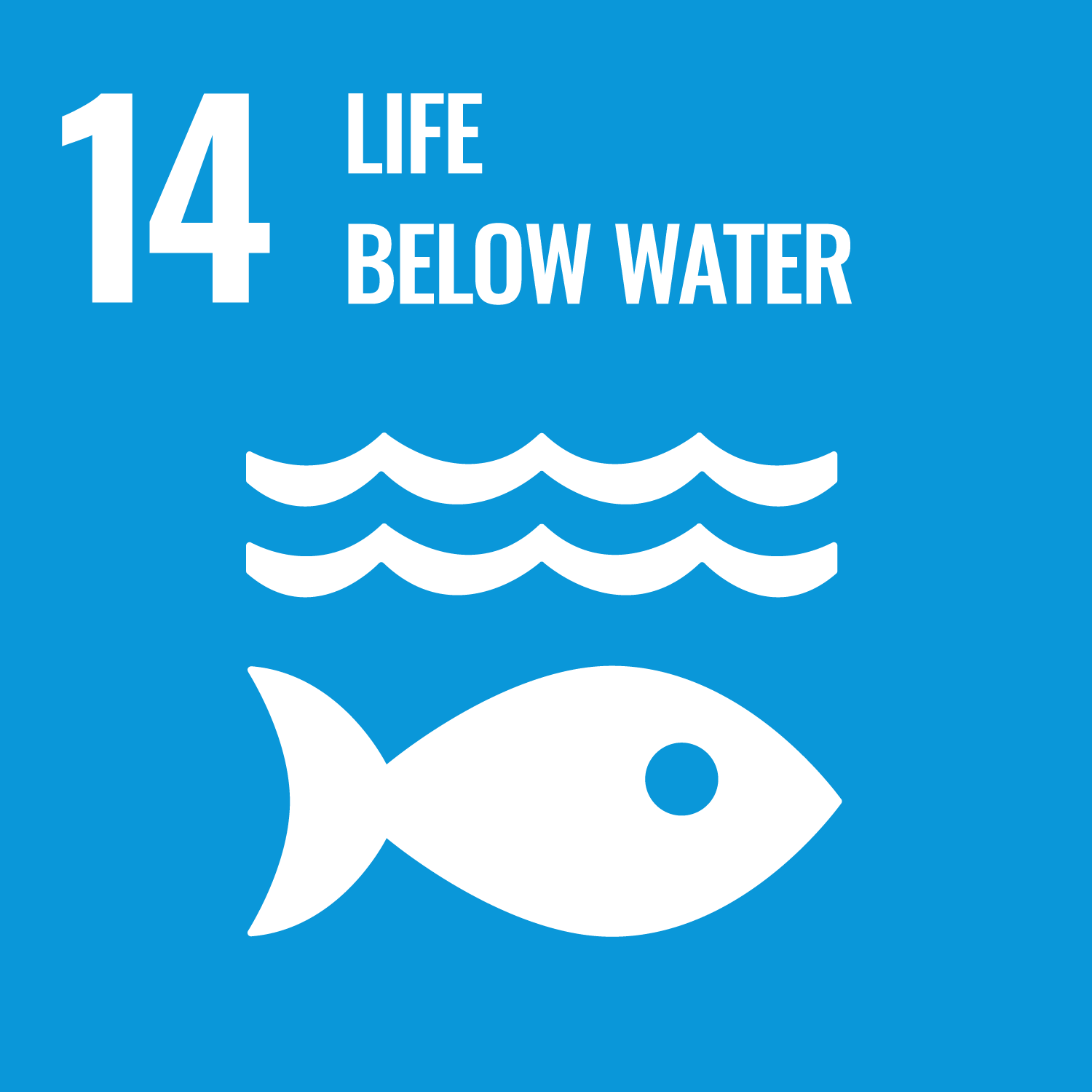OCEANIKA has launched its REMOFAD database to facilitate citizen science participation in the monitoring of Fish Aggregating Devices (FADs). This initiative aims to gather essential data on FAD recovery, thereby providing researchers and analysts with valuable insights for their studies on the end-of-life observation of FADs. As a non-governmental organization with substantial expertise in FAD removal at sea, especially when they are trapped in coral reefs or drifting towards coastlines where they may become beached, OCEANIKA in collaboration with BIOMS Ltd has developed its relevant and tailored REMOFAD database. REMOFAD consolidates data collected by the OCEANIKA technical and scientific team and its Ocean partners on stranded FADs, their location, structure, composition, and fate once retrieved from the waters
The significance of ocean data collection for the management of Drifting Fish Aggregating Devices (DFADs) is critical for qualitative, quantitative et comparative data analysis. Data on the location and condition of the retrieve FADs enables the prediction of beaching events according to seasonal patterns, assessment of degradation level, and lifespan of FADs. Moreover gathering information on biodegradable FADs retrieved at sea allows for the analysis of these eco-friendlier devices and their effectiveness in significantly reducing negative impacts upon beaching, thereby demonstrating the efficiency of biodegradable materials through observation. All this information is vital in promoting more sustainable fishing practices.
Data are securely housed at BIOMS Ltd ( BIOANALYTICS AND MONITORING SOLUTIONS) a Seychelles company specializing in scientific data management, renowned for its expertise in analyzing critical data to provide scientifically-grounded insights for the formulation of sustainable fisheries management policies.




